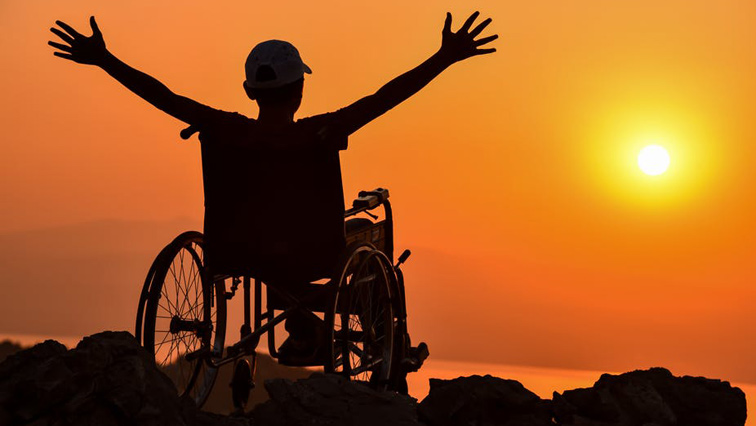Report: Disabled kids vulnerable to online exploitation

Children with intellectual disabilities in Kenya are increasingly falling victim to online sexual exploitation and abuse.
Children with intellectual disabilities in Kenya are increasingly falling victim to online sexual exploitation and abuse, a new report commissioned by ZanaAfrica in partnership with child rights groups has revealed.
The findings show a sharp rise in cases involving grooming, blackmail, and exposure to explicit content, particularly targeting children who struggle to recognise abuse or speak out about it.
The report notes that children with intellectual disabilities, who make up an estimated 2.5% of Kenya’s population, are now among the most vulnerable users of digital platforms like TikTok, Facebook, WhatsApp, and YouTube.
Experts are raising concern over what they describe as a worsening crisis, driven by rapid internet expansion and weak protection systems.
"The country has witnessed an upsurge in such violations, and one must question why this is happening now. It is particularly concerning that the perpetrators, according to the research, span all social classes," said Josephine Kisilu, Dean of Studies at the Kenya Institute of Special Education (KISE), during the report’s launch.
Currently, more than 67% of children aged 12 to 17 in Kenya are online.
However, the report finds that many of them, especially those with intellectual disabilities, are navigating the internet without adequate guidance, digital skills, or protection mechanisms.
A key concern raised is the lack of appropriate sex education, limited digital literacy, and the persistence of harmful beliefs among parents about disability and sexuality.
These factors leave children with intellectual disabilities exposed to exploitation in spaces they turn to for connection and belonging.
Globally, one in every three internet users is a child.
In Kenya, internet use rises quickly with age, jumping from below 5% among those aged 10 to 14 to over 40% among teens aged 15 to 19, according to the 2022 Demographic and Health Survey.
The report identifies various forms of online child sexual exploitation, including grooming, coercion to share sexual images, live-streamed abuse, and extortion.
Children with intellectual disabilities, often denied sex education and socialisation, are especially vulnerable to these tactics.
"I hope this research provides insights that will support government agencies and stakeholders in tackling this alarming trend," said Kisilu.
Citing data from the Disrupting Harm project, the report shows that seven per cent of children using the internet in Kenya were offered gifts or money in exchange for sexual images within the past year.
Three per cent were blackmailed into sexual acts online, while another seven per cent had their sexual images shared without their consent.
Many of the victims had also experienced sexual or emotional abuse offline, further compounding their trauma.
The report states that systemic barriers, such as low digital literacy, lack of parental oversight, and inaccessible platforms, put these children at even higher risk.
It also criticises Kenya’s failure to provide inclusive sex education and digital safety tools for children with disabilities.
Due to stigma and misunderstanding, many of these children never learn how to identify or report abuse.
Even when cases reach the justice system, survivors often face their abusers in court, while the law remains silent on newer forms of exploitation like live-streamed abuse and AI-generated content.
